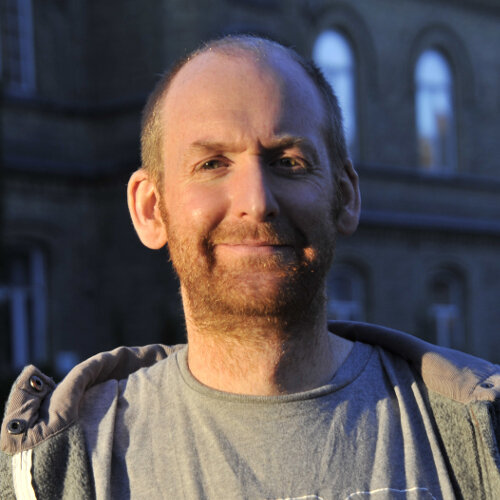Imaging, life-science and SANS – three graduate schools at LINXS focusing on the use of neutrons
– Part of LINXS’ mission is to help educate potential users of ESS, MAX IV and other major research infrastructures. Organising and hosting graduate schools are absolutely key to make this happen, says Stephen Hall, Director of LINXS.
Stephen Hall, LINXS Director.
Three PhD-level schools – all organised in collaboration with SwedNess, a graduate school with an aim to educate doctoral students to expand Sweden's expertise in neutron techniques – will take place at LINXS this spring and summer. The topics cover imaging techniques, small angle neutron scattering (SANS) and life sciences.
– It is important to host both technique-based graduate schools and more subject-based ones like the one on life sciences, to engage new users and seed an interest in x-rays and neutrons. Subject-based schools enable teachers and students to dig deeper into discussing which techniques are best suited to answer the specific scientific and experimental challenges of the subject areas. Such schools open discussions at an early stage in people’s career of what experiments might be best suited to their work and what analysis options are open to them.
– Another important aspect is that, as a general rule, all doctoral schools at LINXS should present a wide variety of techniques. For example, the neutron imaging school should also present the complementarity of x-ray imaging and the SANS school should also discuss its x-ray counterpart, SAXS. We wish to highlight the wide array of experimental methods, data analysis and simulation theories available in the field. The overall aim is to provide researchers with a broad and wide knowledge of the possibilities with x-rays and neutrons.
More forums for early career researchers needed
This time around, all the doctoral schools will take place online.
– Of course, with doctoral schools, you really want the students and teachers to meet physically. However, rather than push back the schools once more, we will try our best to interact and engage them online. As a standard, we share all our educational content on the LINXS website, which enables more people to make use of it. Also, the online format allows participation from further afield.
Stephen Hall believes that more forums need to be established to enable early-stage researchers to meet and discuss with their peers to exchange ideas and experiences, plus to form the future research communities.
– Organising graduate schools is nothing new, but I think it is important to really work with the aspect of making sure the schools become more than just a week-long class. It should be a space for researchers to exchange ideas, discuss science at the same level and to form lasting networks – which will have positive knock-on effects for the neutron and x-ray communities in the long-term. It is all part of growing the user community with fresh minds, and great ideas, as well as to create foundations for science where discussion and collaboration sets the standard, he concludes.
Read more about the Neutron Imaging Graduate School, 17 - 20 May
Read more about Small Angle Neutron Scattering (SANS) Graduate School, May 31 - June 4
Read more about Neutrons in Life Science and Biomaterials Graduate School, 14 - 18 June

